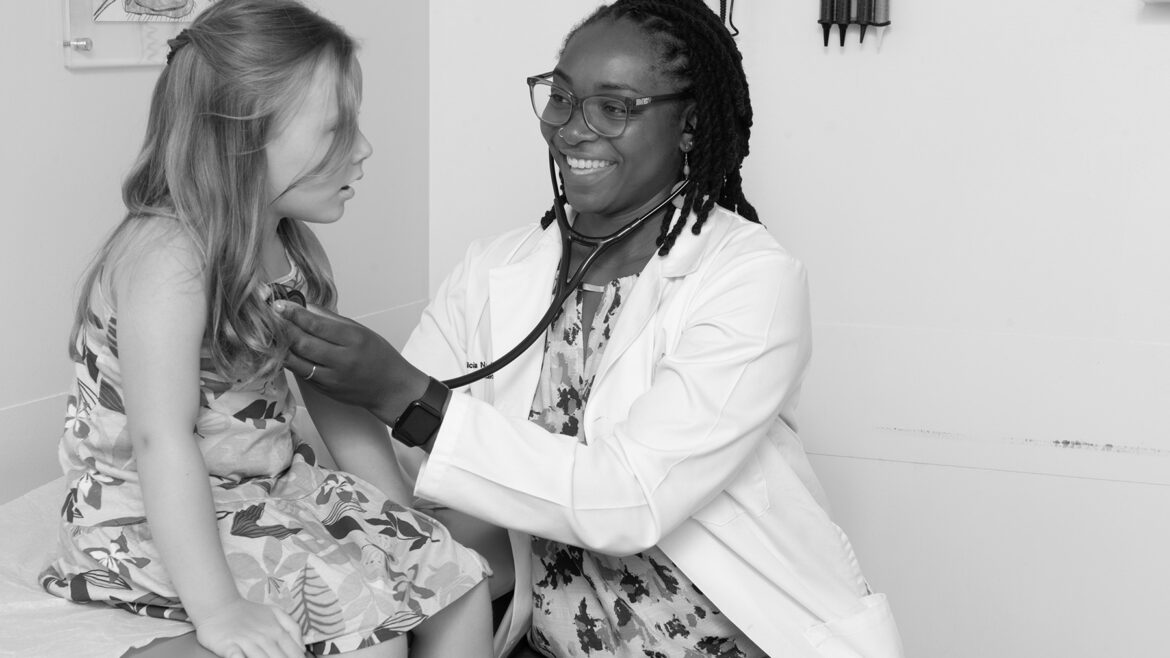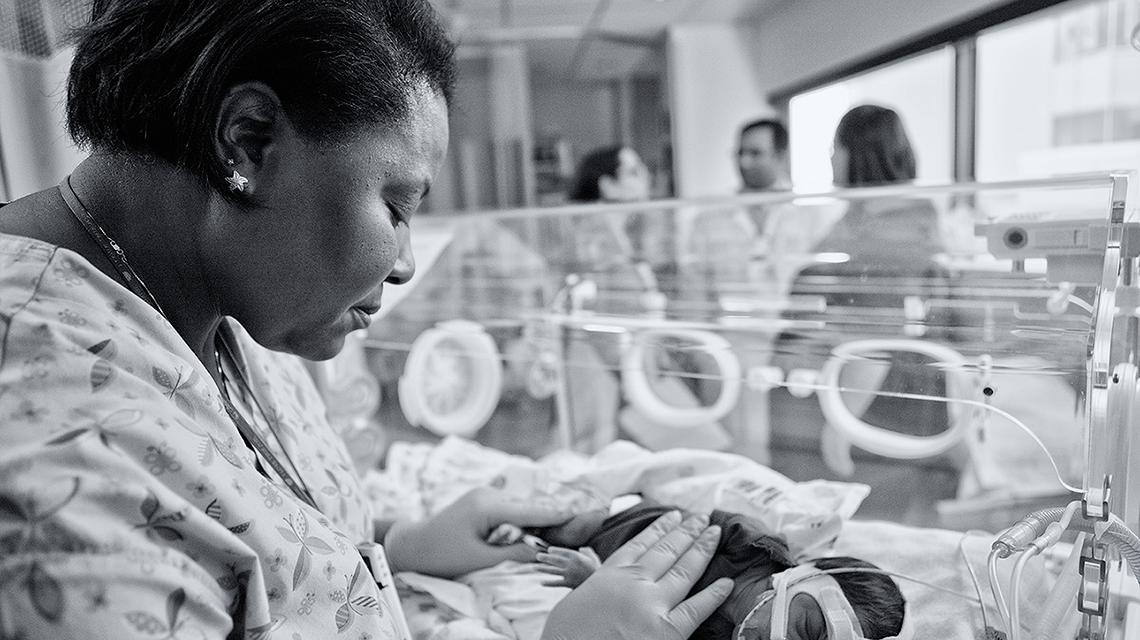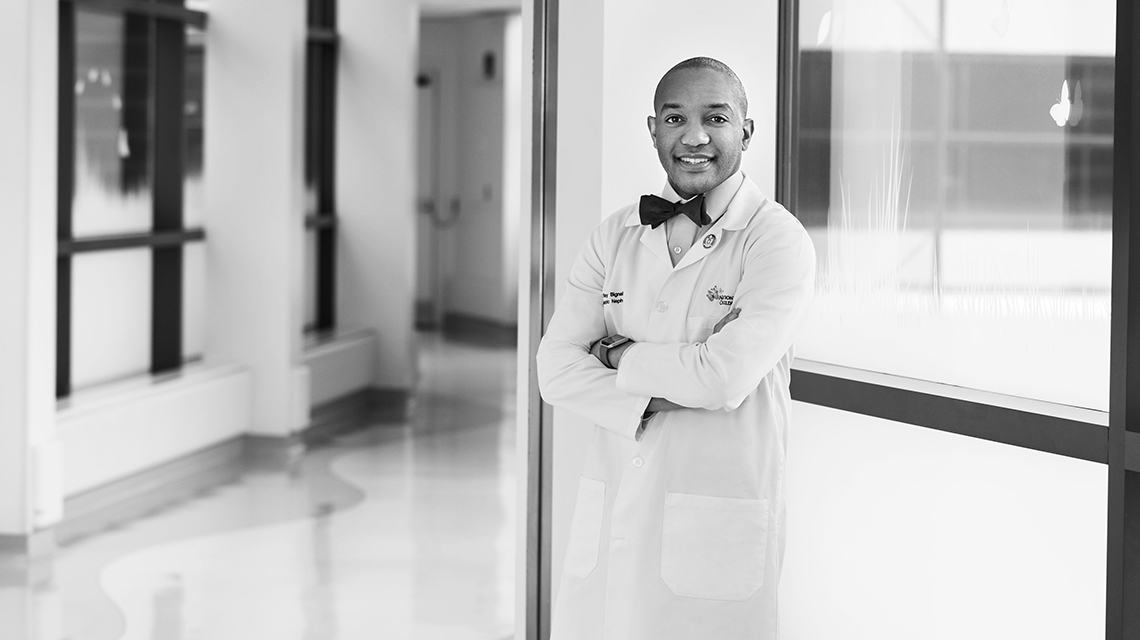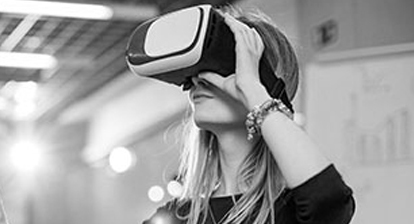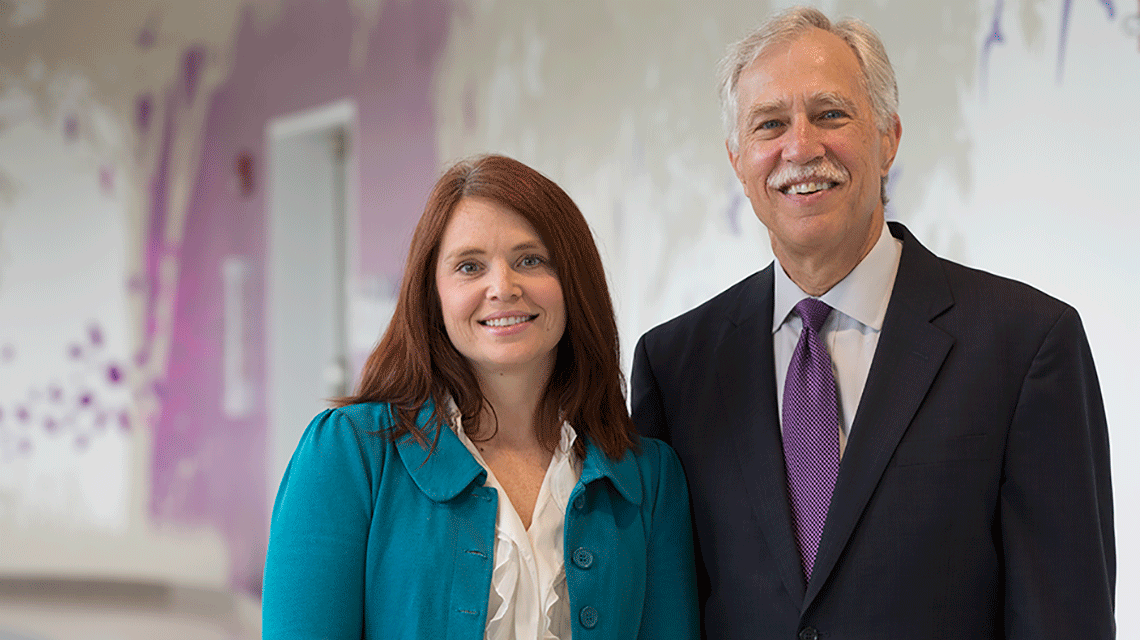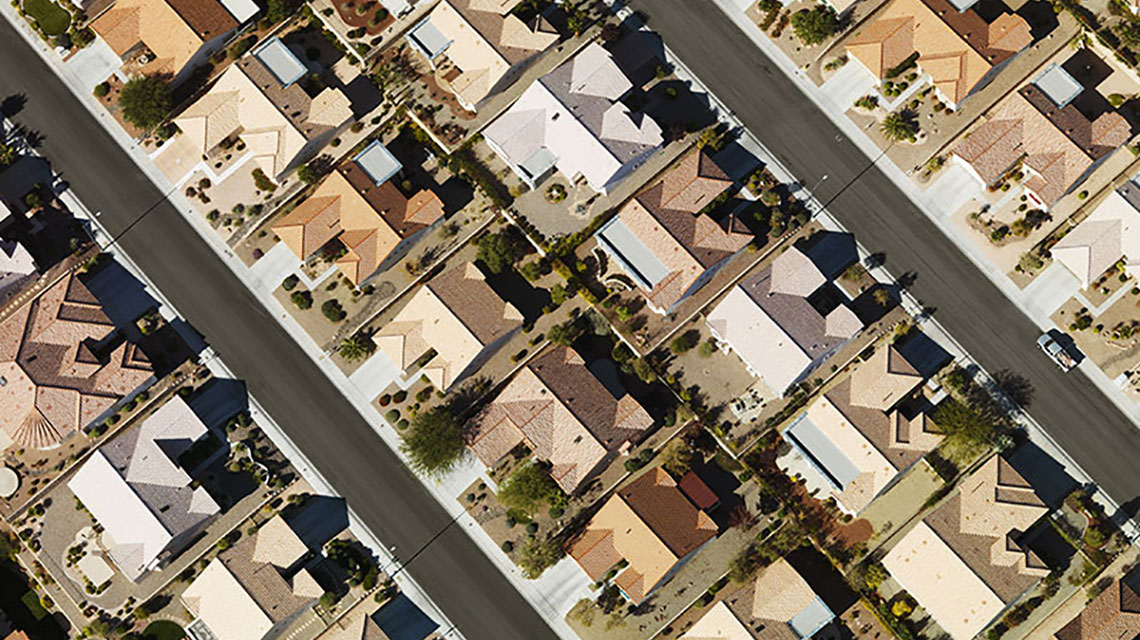Connecting Well-being to Compassionate Care in Pediatric Residents
Connecting Well-being to Compassionate Care in Pediatric Residents https://pediatricsnationwide.org/wp-content/uploads/2024/04/071423RH0985-1024x683.jpg 1024 683 Madison Storm https://secure.gravatar.com/avatar/?s=96&d=mm&r=gA multicenter study identified several well-being factors associated with pediatric residents’ confidence in providing calm, compassionate care to patients. Suzanne Reed, MD, has been interested in medical education since her training as a medical student. Captivated by the academic side of education, Dr. Reed has dedicated much of her research and clinical work to medical…



